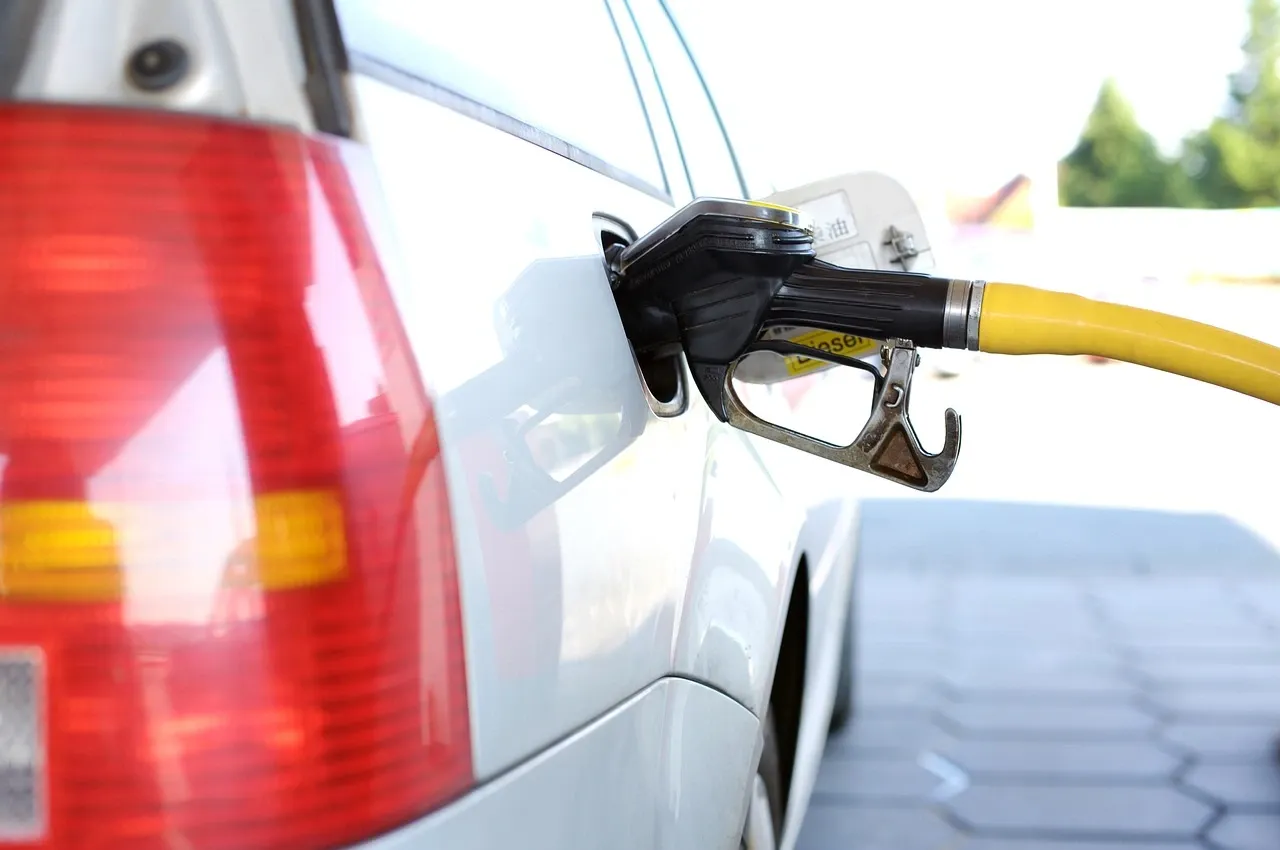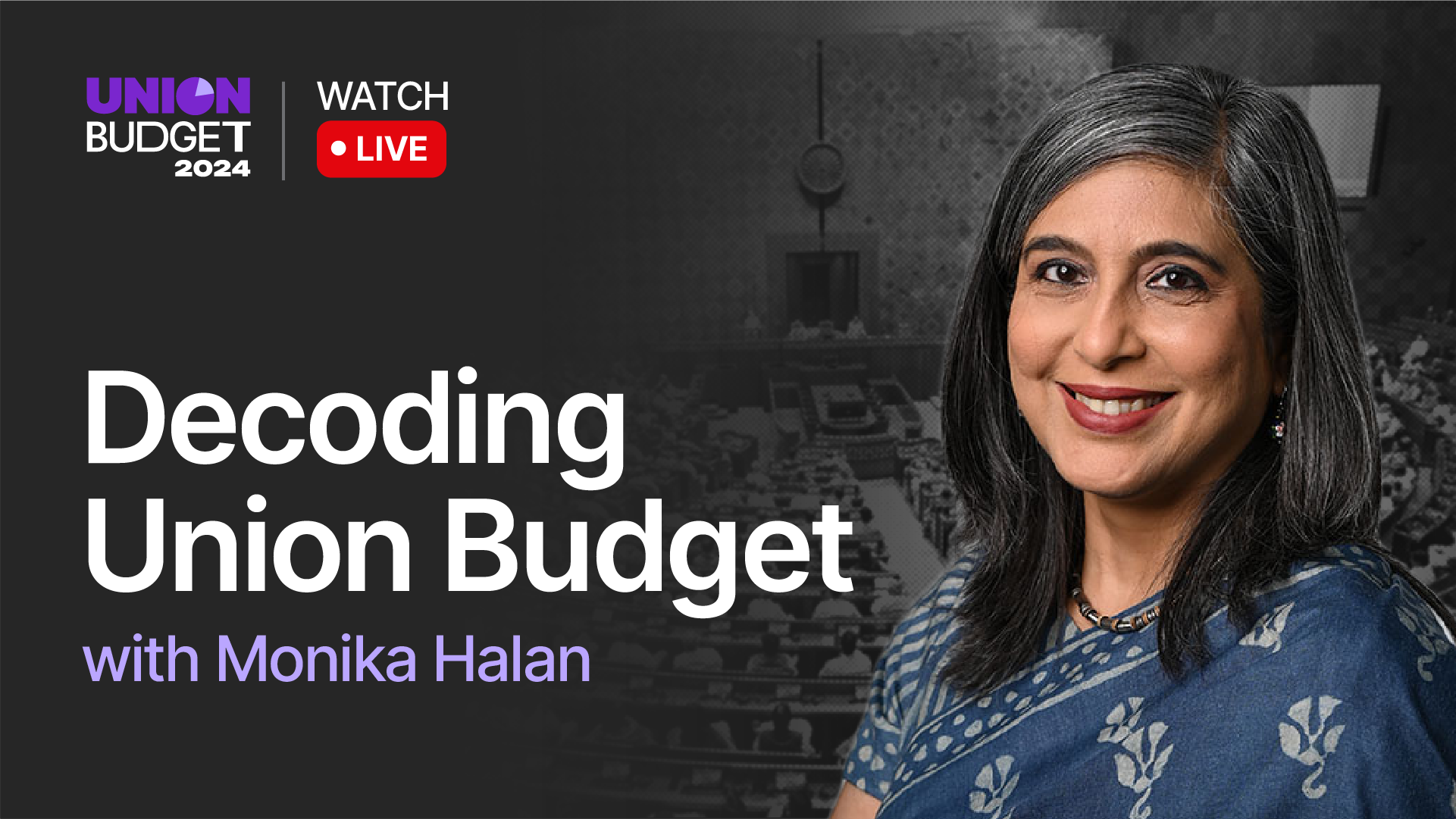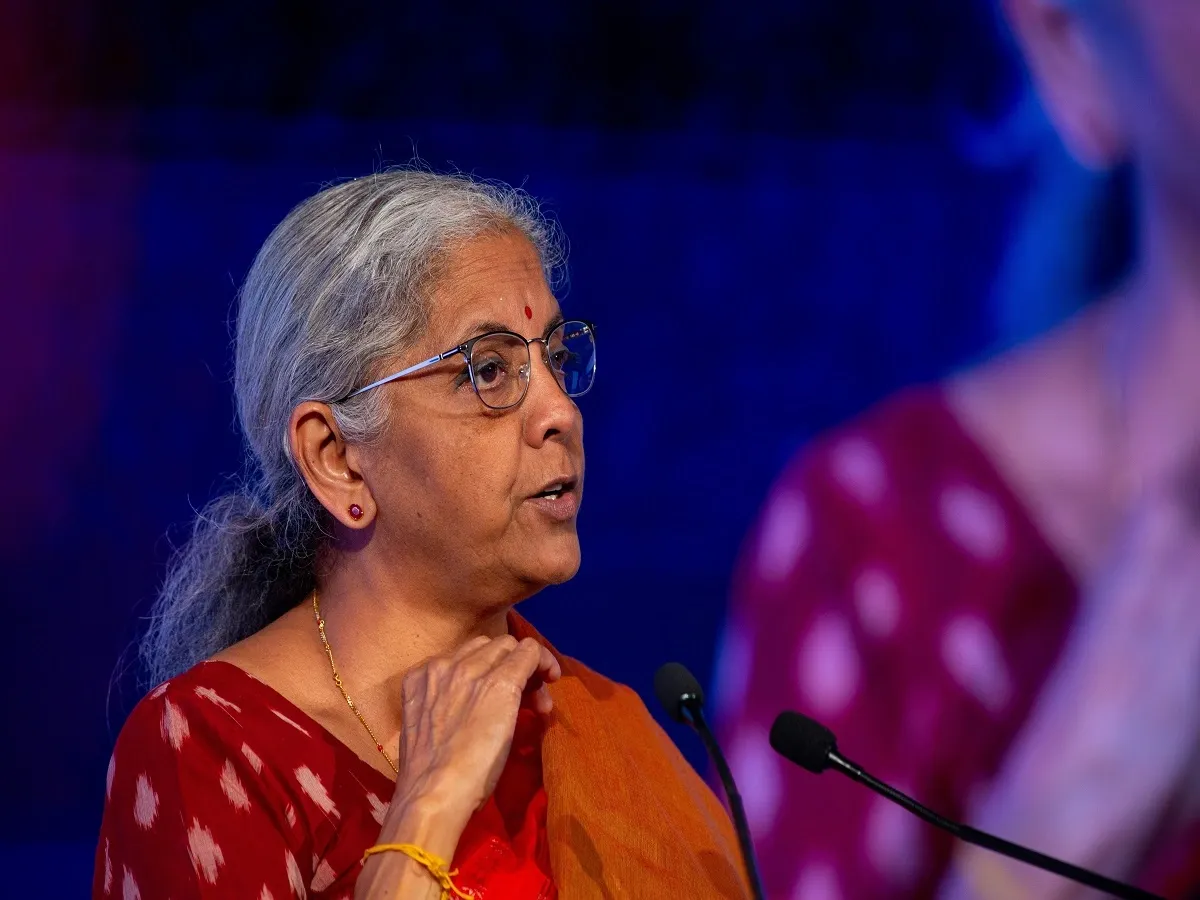Business News
Possible to eliminate petrol, diesel vehicles in India? Nitin Gadkari says 100%

2 min read | Updated on April 01, 2024, 17:26 IST
SUMMARY
Nitin Gadkari, who has been pushing for the use of cars powered by hydrogen, ethanol and other biofuel, said his ministry has sent a proposal to the finance ministry to slash the GST imposed on flex cars to 5%, and on hybrid vehicles to 12%. At present, both categories of vehicles attract a GST of 28%. The proposal is currently under consideration.

Gadkari did not share a timeline of his vision to rid India of petrol and diesel vehicles.
Union Minister for Road Transport and Highways, Nitin Gadkari is confident that India can eliminate vehicles that use petrol and diesel – the two most consumed petroleum products – in the future, and replace them with those powered by electric or biofuel.
“100% sure,” Gadkari told news agency PTI, on being asked whether the elimination of petrol and diesel-based vehicles could be a realistic goal. "It is difficult but not impossible. This is my vision," he said.
Currently, the estimated number of petrol and diesel vehicles in India stands at 36 crore. The country is one of the largest consumers of crude oil, with the imports peaking to a 20-month high of 21.4 million tonnes (mt) in January 2024.
GST reduction on hybrid vehicles?
Gadkari, who has been pushing for the use of cars powered by hydrogen, ethanol and other biofuel, said that his ministry has sent a proposal to the finance ministry to slash the goods and services tax (GST) imposed on hybrid vehicles to 12%.
Currently, a GST of 28% is levied on hybrid cars, as well as on cars using flex engines, which are capable of operating on gasoline and any blend of gasoline and ethanol up to 83%.
Gadkari said his proposal before the finance ministry not only seeks to reduce the GST on hybrid vehicles to 12%, but on flex cars to 5%. The proposal is currently under consideration.
‘Rs 16 lakh crore spent on fuel imports’
According to Gadkari, India will be able to reduce its import bill significantly by switching to biofuels and electric vehicles. The country spends “Rs 16 lakh crore a year” on the import of fossil fuels, he reportedly said, adding that this amount could then be used for making villages prosperous, further improving the lives of farmers and creating more jobs for the youth.
Gadkari, however, refrained from sharing a timeline of his ambition to rid India of petrol and diesel vehicles.
Apart from cutting India’s import bills, the phasing out of petrol and diesel vehicles is expected to curb air pollution. In a recent report released by Swiss air quality monitoring body IQAir, New Delhi was found to be the world’s most polluted city, whereas 42 of the 50 most polluted cities were from India.
About The Author
Next Story

